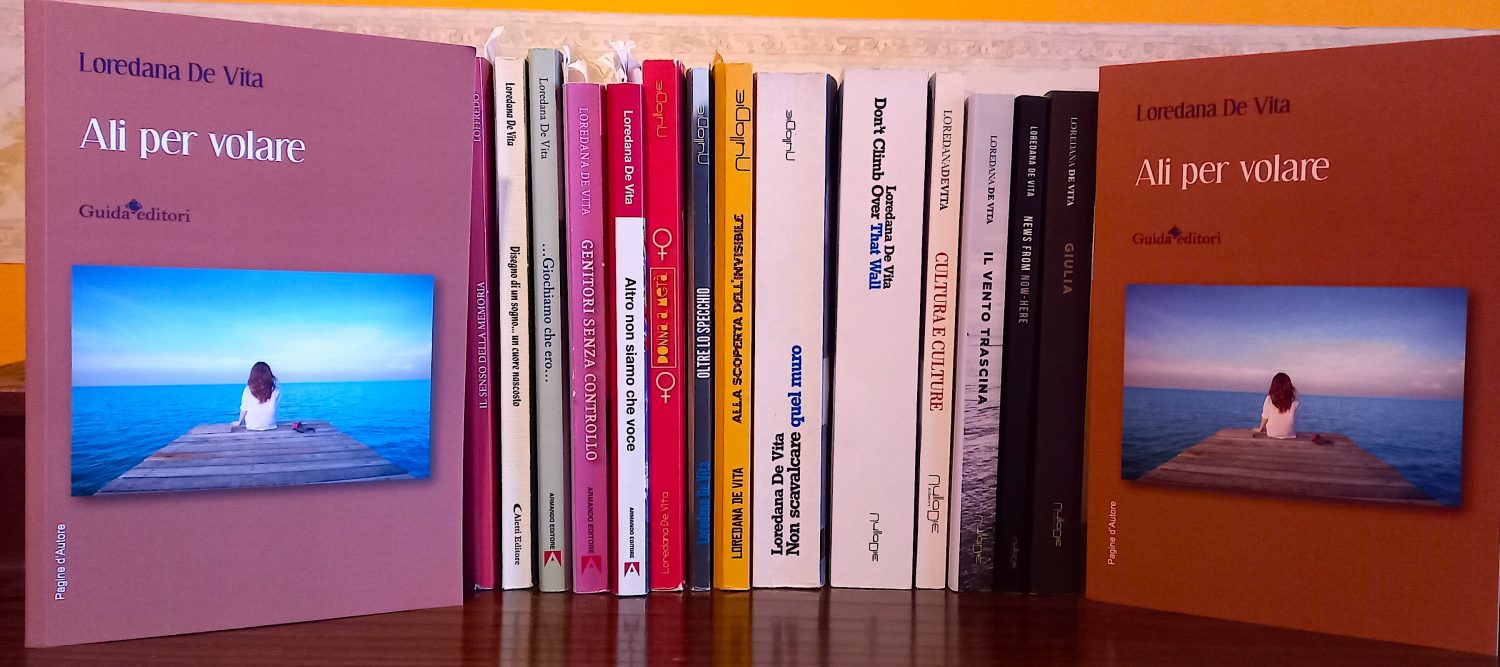“L’indicibile tenerezza. In cammino con Simone Weil” ( Feltrinelli, 2016), è un altro dei saggi di Eugenio Borgna, psichiatra emerito, in un cui la cura passa attraverso l’emozione dell’interiorizzazione del dolore dell’altro. In questo caso, l’autore passa attraverso gli scritti e l’esperienza umana di Simone Weil, per dare una narrazione diversa della psichiatria, ma, sopratutto, della sua scelta di essere uno psichiatra che non solo ha messo l’umanità al primo posto nella sua relazione con i pazienti, ma che ha anche la capacità di ascoltare se stesso ascoltando la sofferenza degli altri.

L’autore, infatti, promuove ancora una volta l’esercizio di una psichiatria che sia umana e gentile; una psichiatria, quindi, che non si esprima solo come scienza naturale, ma come scienza umana.
È necessario, nella relazione con la sofferenza dell’altro, non solo fare appello alla propria competenza scientifica, ma fare tesoro anche delle altre aree cognitive che sono capaci di percepire la sofferenza e comprenderla. Difatti, nella scrittura del Borgna, in questo libro come in tutti gli altri, sono molti i riferimenti alla letteratura e alla filosofia che assurgono nel suo pensiero a risorse per la comprensione e l’accompagnamento del paziente nel suo processo di cura che talvolta può persino essere devastante.
Simone Weil, allora, diventa simbolo di una umanità confusa e sofferente che denuncia la propria sofferenza attraverso il senso di inadeguatezza alla condizione umana, alla necessità di affiancare e assimilarsi ai più fragili per poter comprendere quale sia il vero dolore e farsene carico.
Simone Weil, insegnante di filosofia, per esempio, lascia la scuola per lavorare in fabbrica in condizioni di vita tra le più estreme. Si tratta di uno sconfinamento continuo, dalla normalità alla sofferenza psichiatrica e viceversa, che tutti incontriamo nella nostra vita, spesso non avendo le risorse e gli strumenti per gestire in maniera adeguata tali continui passaggi. È questo che diviene causa di sofferenza, di vuoto, di chiusura, fino anche a risoluzioni più drammatiche.
Il dolore dell’altro può essere incontrato solo mettendo a tacere se stessi e creando nel proprio cuore un silenzio che non è distanza ma accoglienza, non vuoto ma pienezza di un cuore che ascolta.
Sono i temi consueti del Borgna, frutto di un’esperienza umana e professionale che non possono essere disgiunte così come dovrebbe essere per ogni professione che si basa sulla relazione con l’altro.
“L’indicibile tenerezza. In cammino con Simone Weil“(Feltrinelli, 2016), is another of the essays by Eugenio Borgna, a psychiatrist emeritus, in which the treatment passes through the emotion of internalizing the pain of the other. In this case, the author goes through Simone Weil’s writings and human experience, to give a different narrative of psychiatry, but, above all, of his choice to be a psychiatrist who not only put humanity in the first place in his relationship with patients, but who also has the ability to listen to himself by listening to the suffering of others.
The author, in fact, once again promotes the exercise of a psychiatry that is humane and gentle; a psychiatry, therefore, which expresses itself not only as a natural science, but as a human science.
It is necessary, in the relationship with the suffering of the other, not only to appeal to one’s own scientific competence, but also to treasure the other cognitive areas that are capable of perceiving suffering and understanding it. In fact, in Borgna’s writing, in this book as in all the others, there are many references to literature and philosophy that rise in his thinking to resources for the understanding and accompaniment of the patient in his treatment process that sometimes can even be devastating.
Simone Weil, then, becomes a symbol of a confused and suffering humanity that denounces its own suffering through the sense of inadequacy to the human condition, the need to support and assimilate the most fragile in order to understand what real pain is and take charge of it.
Simone Weil, a philosophy teacher, for example, leaves school to work in the factory in the most extreme conditions of life. It is a continuous trespass, from normality to psychiatric suffering and vice versa, which we all encounter in our life, often lacking the resources and tools to adequately manage these continuous passages. This is what becomes the cause of suffering, of emptiness, of closure, even to more dramatic resolutions.
The pain of the other can only be encountered by silencing oneself and creating in one’s heart a silence that is not distance but welcome, not emptiness but the fullness of a heart that listens.
These are the usual themes of Borgna, the result of a human and professional experience that cannot be separated as it should be for any profession that is based on the relationship with the other.


Hi I’ve posted a thought on my blog, I’d be happy with your opinion. Thanks
"Mi piace""Mi piace"